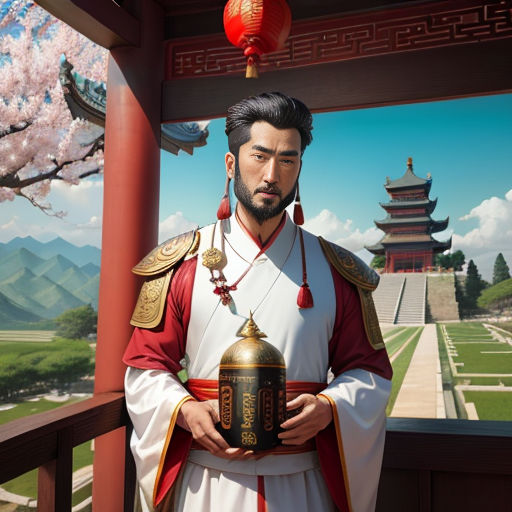
The Short King
By xomoc61303

20 Sep, 2023
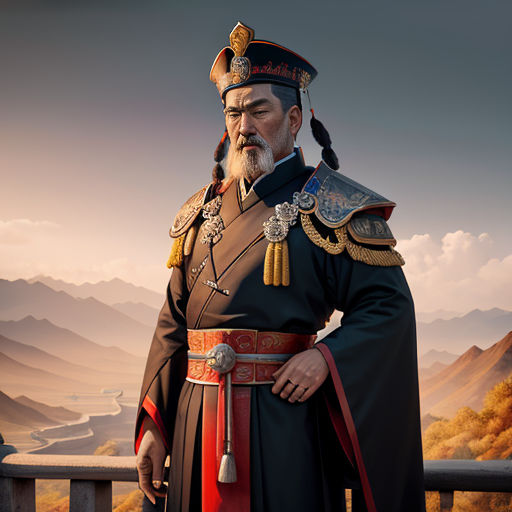
In the vast and ancient land of China, the rule of Emperor Qin Shi Huang, was unlike any other. His unique stature made him stand out among all, yet he reigned with unparalleled dominance.
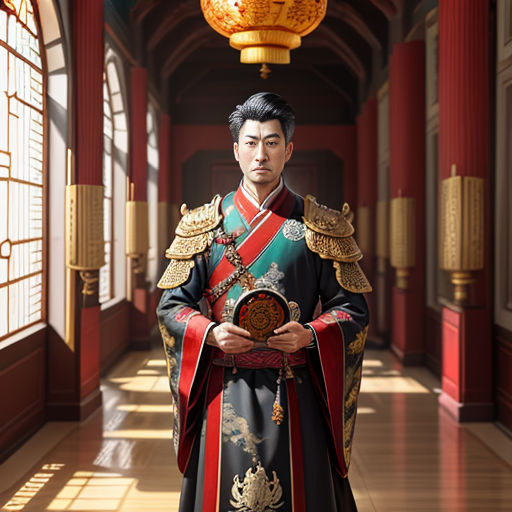
Even as a child, Qin Shi Huang was different from others. His short height often subjected him to ridicule. However, undeterred by his stature, he was determined to make a difference.
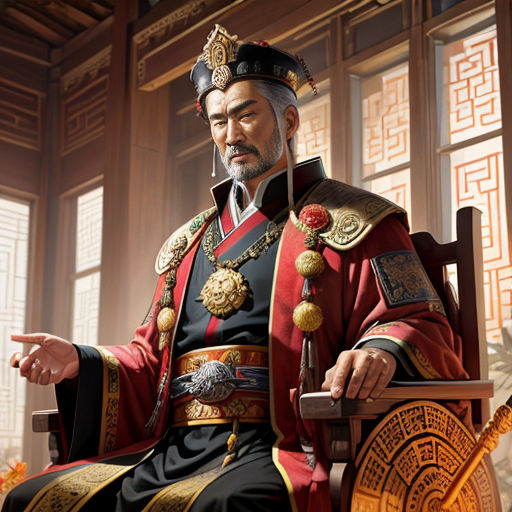
His resolute will carried him to the throne where he enacted laws that seemed unconventional, even strange, to some. His most noteworthy law was the 18th Laws of Qin, based on height.

This law stated that individuals shorter than him were considered children. This novelty, however, offered these shorter adults a sort of immunity against the law, they could not be arrested.
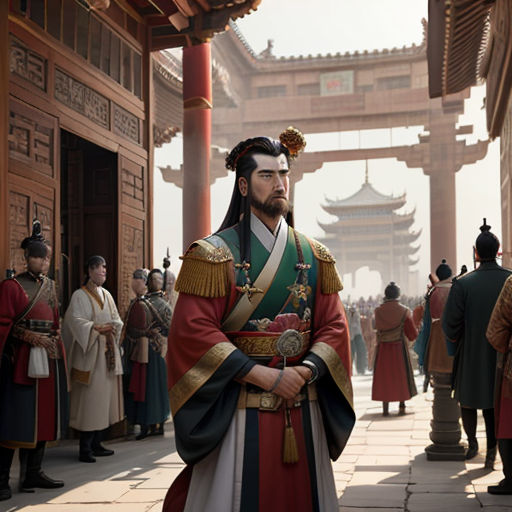
This law had a ripple effect on the entire empire. People started growing their hair long and wore garments which made them appear shorter, to take advantage of this law.
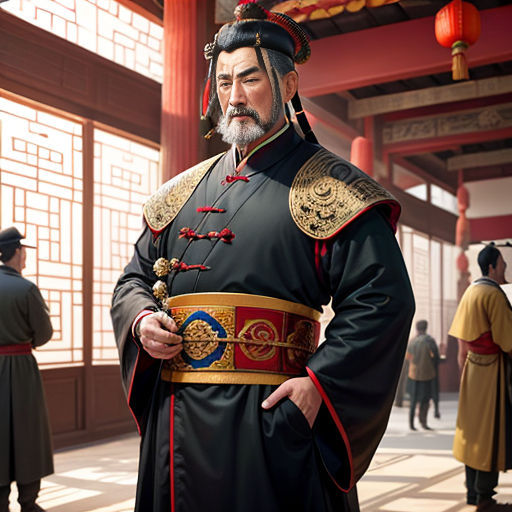
Qin Shi Huang was aware of these tactics, yet he chose to turn a blind eye. He remained focused on the progress of his empire, building roads and standardized weights and measures.
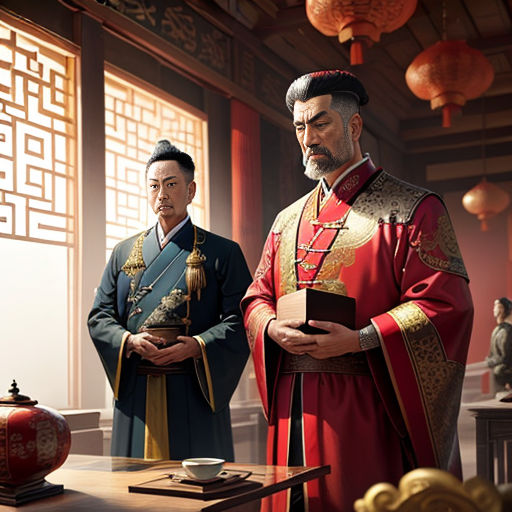
His advisors often questioned the wisdom of his law, but he had a different perspective. He believed in providing an equal chance to all, irrespective of their physical stature.
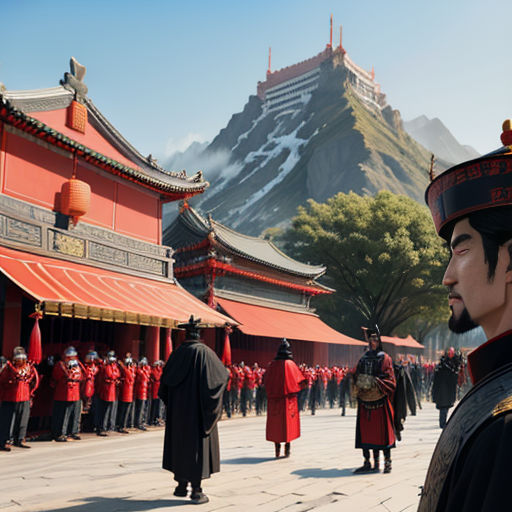
While he was not a popular figure among the wealthy class, the commoners adored him. They saw in him a leader who understood their struggles and treated them with respect.
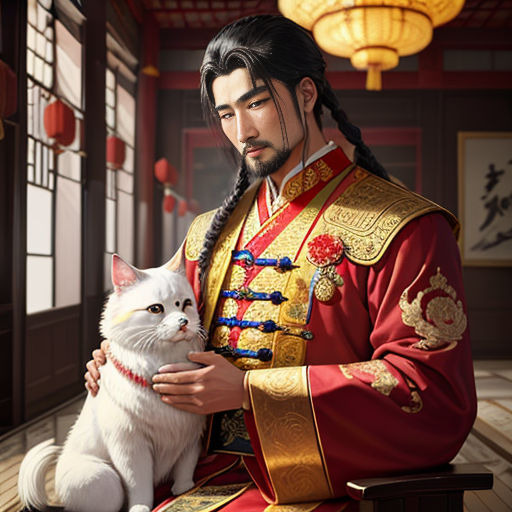
The emperor's empathetic nature was not limited only to his subjects. He showed equal compassion towards animals and issued strict laws against their mistreatment.
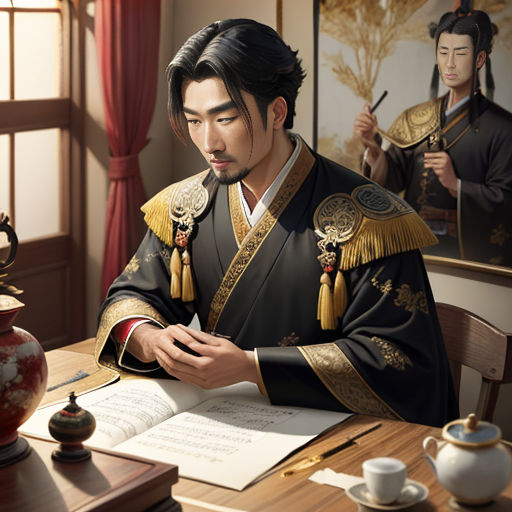
The Emperor was also known for his love of art and literature. He encouraged the development of art forms and was a patron of various artists.
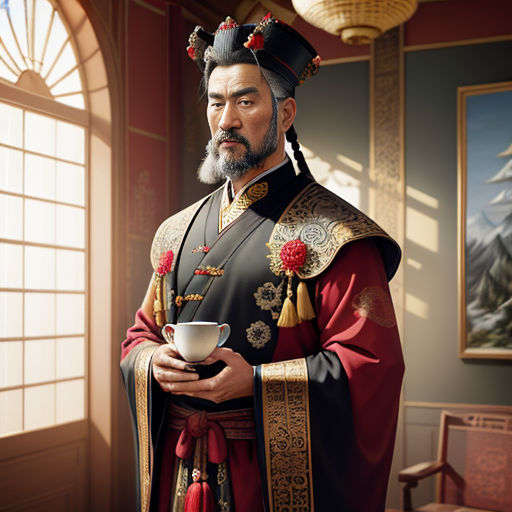
To everyone's surprise, several of these renowned artists were short-statured individuals, who found recognition and respect under the Emperor's reign.
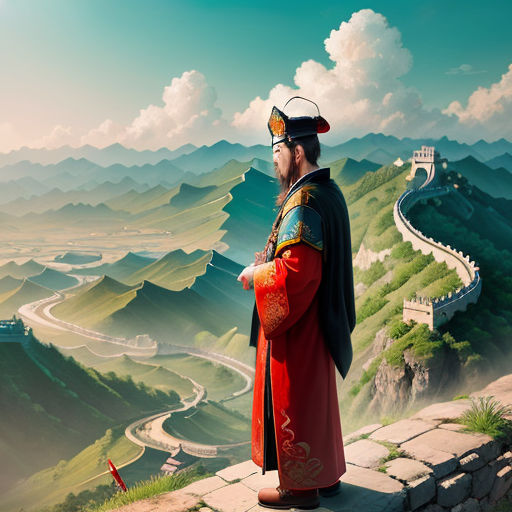
Despite the unique circumstances of his reign, Qin Shi Huang was a visionary. He brought unity to China, merging several small kingdoms into one mighty empire.
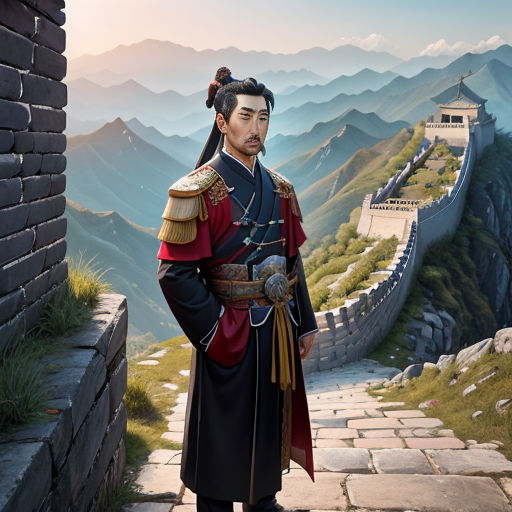
The emperor's most ambitious project was the construction of the Great Wall of China. This massive defensive structure was a symbol of his determination and resilience.
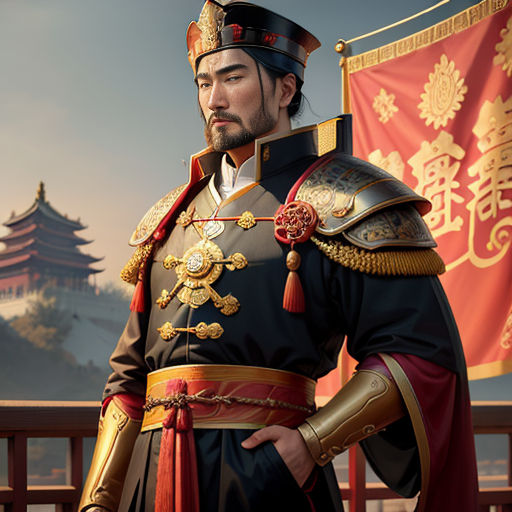
All his life, he strived for unity, peace, and progress. He proved that physical stature does not define a person's abilities or potential.
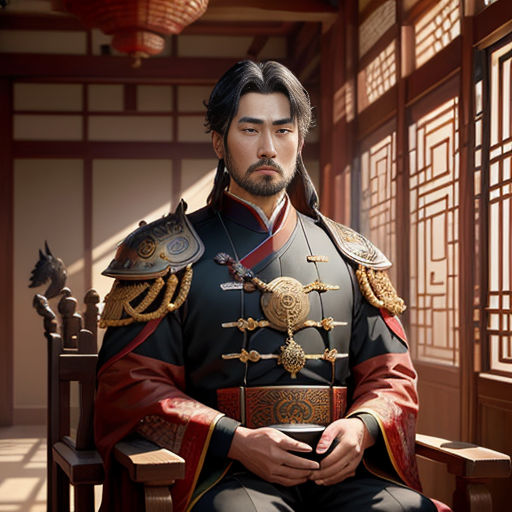
Despite the criticism he faced, Emperor Qin Shi Huang remained a beloved figure among the common folks. His rule was remembered as a golden era of Chinese civilization.
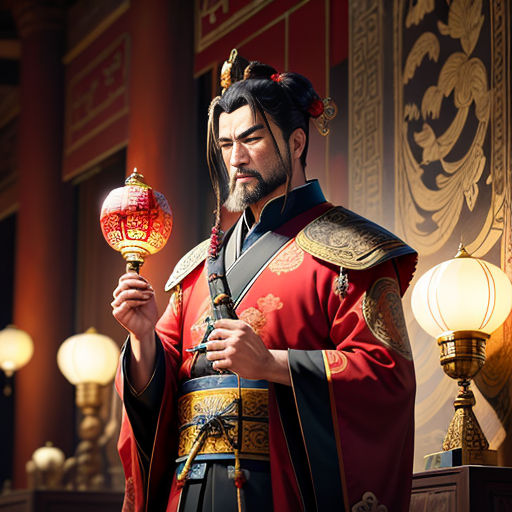
His story serves as a reminder that one's perceived shortcomings can become strengths if approached with determination and a positive perspective.
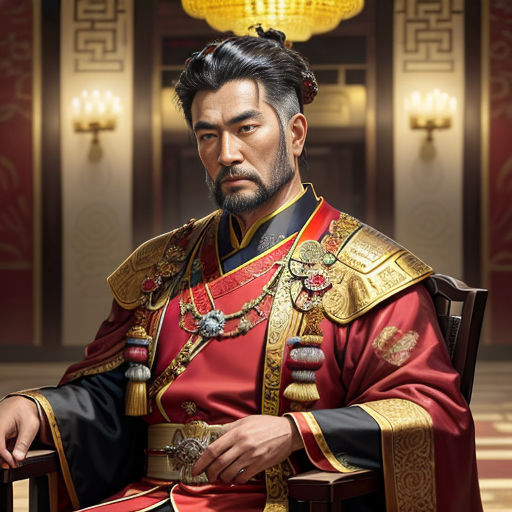
His reign changed the preconceived notions about height and stature. It opened a new era where the worth of an individual was measured by their actions and not their physical attributes.
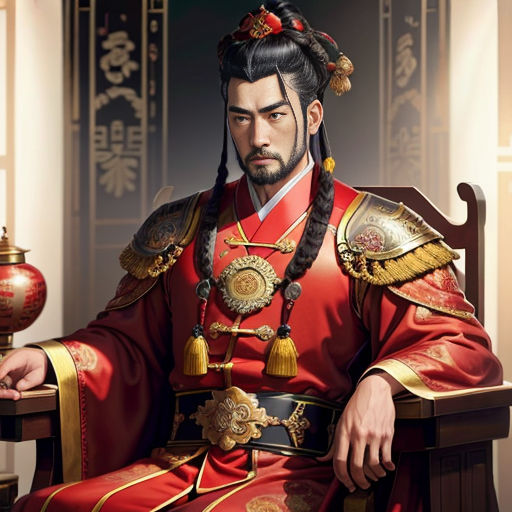
Emperor Qin Shi Huang may not have been the tallest man to rule, but he was surely one of the greatest. He showed the world that greatness can come in small packages too.
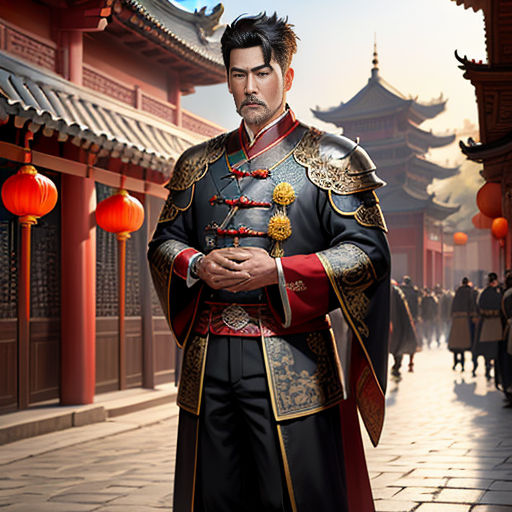
His inspiring journey echoes through time, showing us that every obstacle is an opportunity for growth and every challenge is a stepping-stone towards greatness.
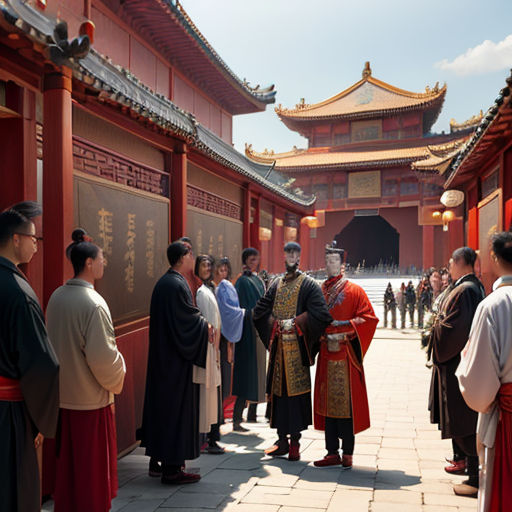
His law of height not only protected the shorter adults but also gave them a unique identity. This boosted their confidence and opened new doors of opportunities for them.
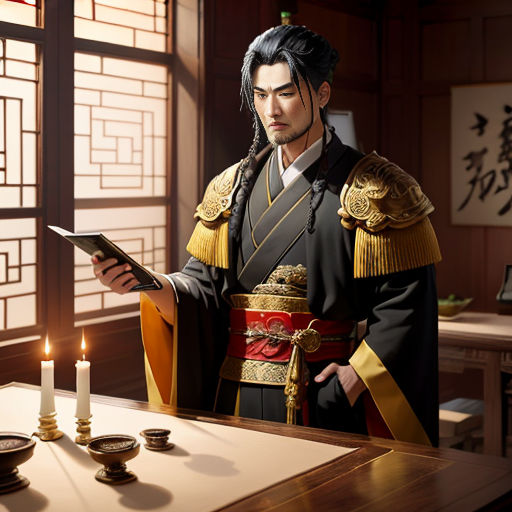
His legacy continues to inspire the world. He asserted that limitations are only in our minds and can be overpowered with unwavering determination and a strong will.
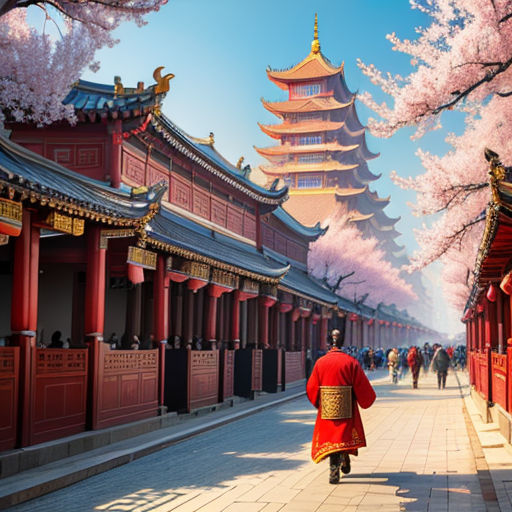
Under his rule, China flourished like never before. It was a period of prosperity and growth, accentuating the capabilities of a 'short king.'
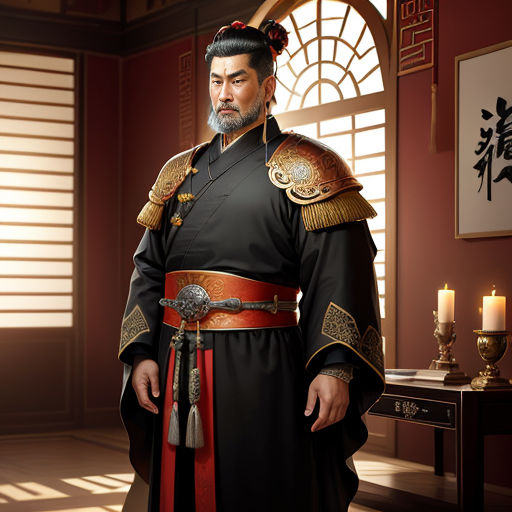
Emperor Qin Shi Huang proved that being 'short' was not a disadvantage, but a strength. Being 'small' did not mean being 'insignificant.'
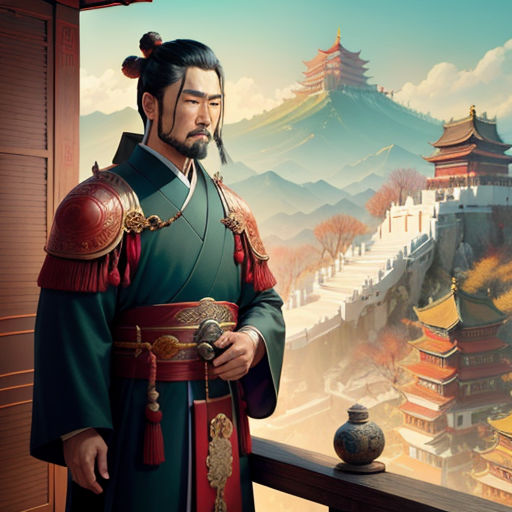
He ruled not by domination or fear, but by understanding and compassion. He was not only a king but also a mentor, teaching his subjects the essence of humility and perseverance.
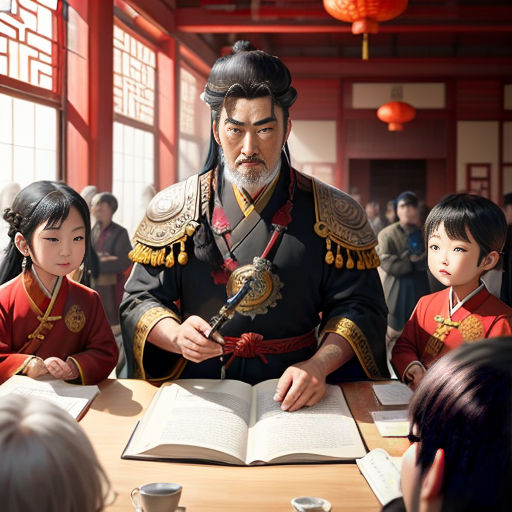
His reign ended, but his teachings and principles continued to live on, shaping the future generations of China and the world.